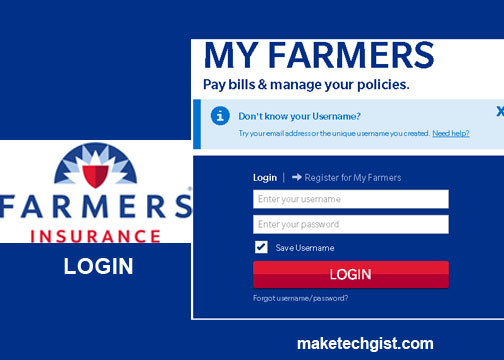The goal is to make the car buying or selling process as hassle-free as possible, particularly when it comes to car title transfer. One of the last procedures in selling an automobile is a title transfer. However, there is a question that needs to be answered. Can I transfer a car title without auto insurance?

Legally transferring ownership of a car from one person or entity to another is known as transferring a car title. The procedure involves filling out a title transfer form, paying applicable fees, and submitting necessary paperwork to the DMV or other relevant authority. We will address the questions raised above and provide all the information you require to understand the process of transferring a car title.
Can You Transfer a Car Title without Auto Insurance
Despite purchasing and obtaining a car title without auto insurance in your state, you may not be able to legally register, transfer, or drive the car. While state laws differ, many of them demand that drivers obtain auto insurance before purchasing or selling a car. Generally, dealerships have more stringent regulations than private sales. A car’s title is a legal document that certifies the owner’s ownership and gives them the authority to sell the vehicle.
The title of a car must be transferred to the new owner upon sale, with different procedures in each state. When buying or selling a car, many states do not require proof of insurance. However, some do require it for one or both parties. In either case, though, in order to register the vehicle in their state, buyers almost always need insurance. Auto insurance requirements during a car title transfer may vary based on your state’s laws and the nature.
How Does a Car Title Transfer Work
To finish the car transfer process, the buyer and seller must follow certain procedures. Here are the general procedures to change a car title, though the price and documentation needed differ by state:
The car’s title is signed by the seller
By signing the title, the seller gives up ownership of the vehicle. Unless there is an “or” between the owners’ names, both owners must sign a title containing two names. Notarized signatures are required in some states.
Buyer delivers the title to the relevant state agency
The buyer brings the released title to the state office (usually the Department of Motor Vehicles, DMV) that handles car titles. It’s still wise to have an automobile title notarized even if your state doesn’t require it in order to prevent misunderstandings or disputes about who is legally the owner. To find out what additional documentation is needed to transfer ownership, check with your state.
The new title is issued by the DMV
If the vehicle is being financed with an auto loan, the new title will be mailed to the lender or the new owner of the vehicle. States have different deadlines, but they can take up to six weeks. Electronic auto titles are now available in some states. You might have to pay a fee to obtain a paper copy of the title in order to complete the sale if your state only issues e-titles.
How to Get a Car Title Transfer without Auto Insurance
You probably won’t be able to purchase a car from a dealership, new or old, if you don’t have auto insurance, because you won’t be able to finish the titling and registration process. In many states, private used car sales make it simpler to transfer titles without auto insurance. But as the previous Oklahoman example demonstrates, even that isn’t feasible in some situations.
Pennsylvania allows car purchase without insurance. However, does not allow title or license plate acquisition, making it illegal to register or operate an uninsured vehicle. Have at least minimal insurance coverage during the purchasing and selling process, even if it’s not mandated in your state. Allowing prospective buyers to test drive an uninsured vehicle can result in liability for damage. And potential fines and penalties based on state regulations.
Do You Need Proof Of Auto Insurance for Car Title Transfer
The majority of states do not demand proof of insurance to transfer a car title. However, since each state is unique, it’s a good idea to familiarize yourself with your local laws and ordinances. Your lender or leasing company may not have laxer insurance requirements than your state.
When transferring ownership to the lender or dealership, show proof of insurance if you’re leasing or financing. In addition, you will typically need to produce proof of insurance in most states. This is because you are the legal owner of the car once you obtain the title and register it
Final Thought
Depending on whether you’re buying or selling, with the transaction is handled, state laws governing auto insurance and car title transfer can differ significantly. The seller must sign the car title and provide any necessary documentation to transfer ownership of an automobile. The buyer can transfer the car title into their name by taking the signed title to the relevant government office. The lender will typically also need to sign an affidavit if the vehicle has a lien on it.





